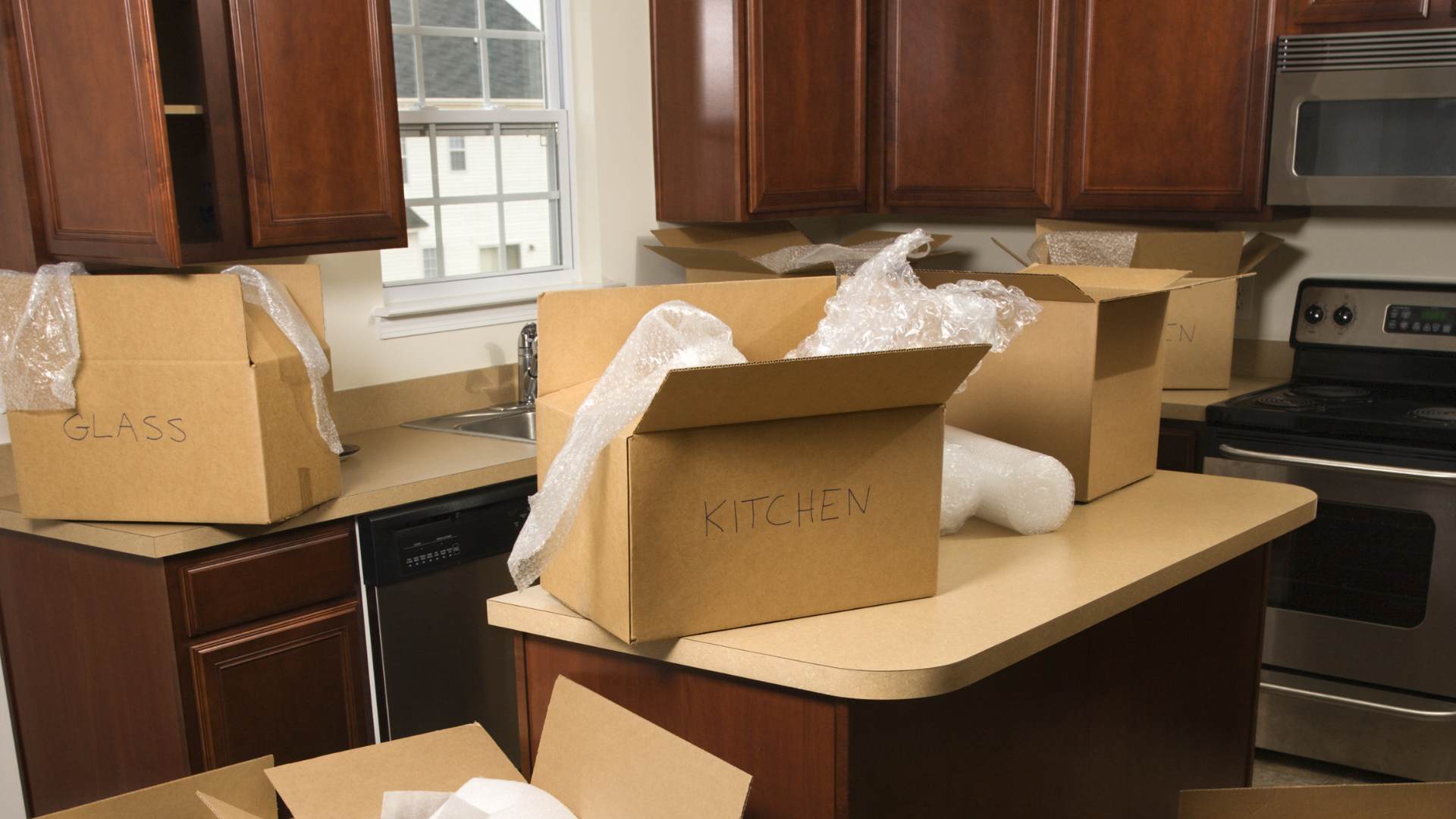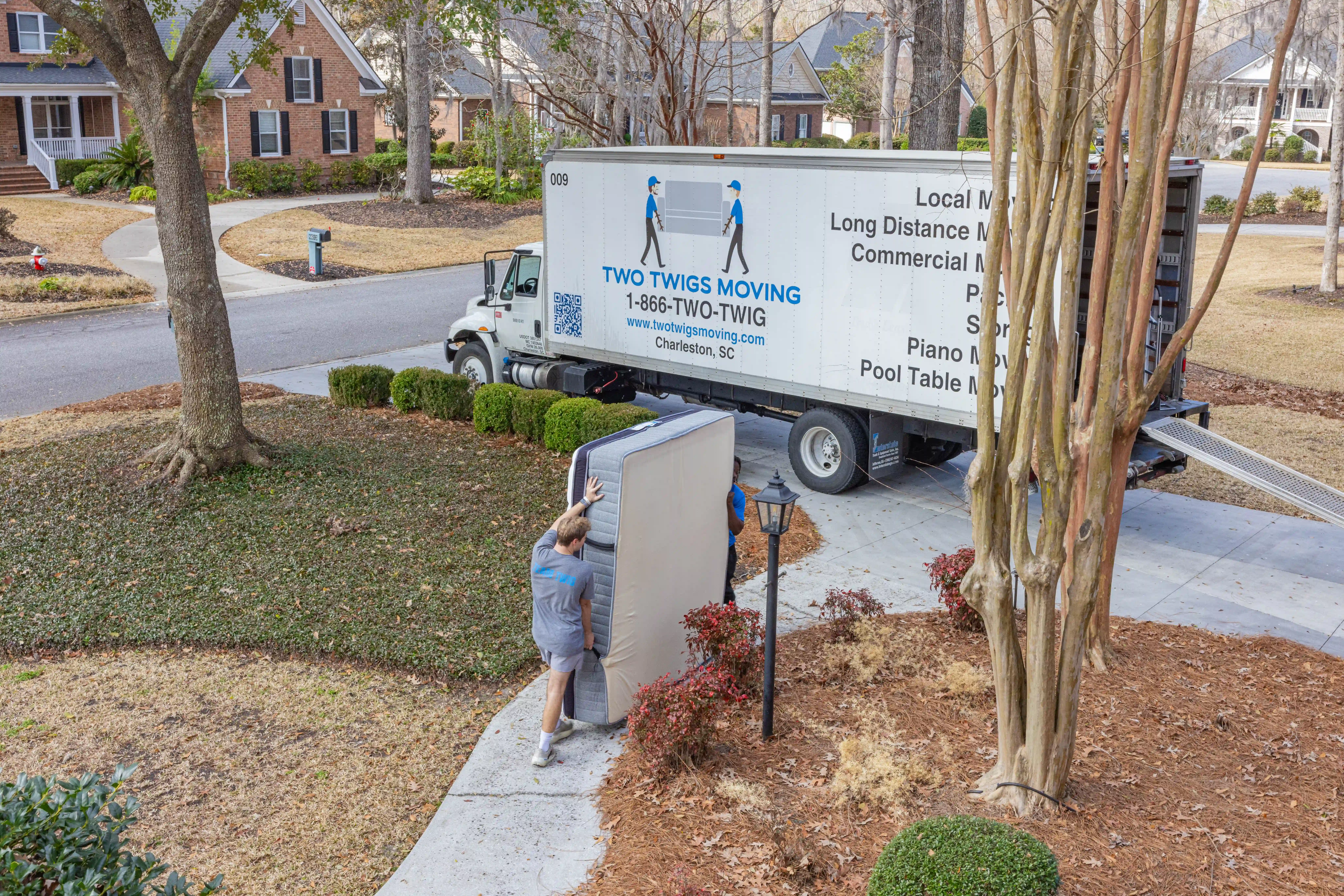Packing for a move can often be one of the most stressful parts of the process. Efficient packing not only helps ensure that your belongings arrive safely but also makes the transition to your new home smoother. Whether you’re moving across town or across the country, these expert packing tips will help you pack like a pro and reduce the stress associated with moving.
1. Start Early and Plan Ahead
Begin Packing in Stages: Don’t wait until the last minute to start packing. Begin the process several weeks before your move date. Start with non-essential items and gradually work your way to the essentials.
Create a Packing Timeline: Develop a timeline to keep track of what needs to be packed and when. This will help you stay organized and avoid last-minute packing chaos.
2. Gather the Right Supplies
Use Quality Packing Materials: Invest in sturdy boxes, bubble wrap, packing paper, and strong tape. Avoid using old or damaged boxes, as they may not provide adequate protection for your belongings.
Label Everything: Clearly label each box with its contents and the room it belongs to. This will make unpacking easier and help movers know where to place each box in your new home.
3. Pack Strategically
Start with Non-Essentials: Begin by packing items you won’t need before the move, such as seasonal clothing, books, and decorative items. Save everyday items for last.
Use Smaller Boxes for Heavy Items: Pack heavier items, like books and dishes, in smaller boxes to make them easier to handle. Lighter items can go in larger boxes.
Protect Fragile Items: Wrap fragile items individually in bubble wrap or packing paper. Use plenty of padding inside the boxes to prevent items from shifting during transport.
4. Organize and Optimize
Group Similar Items: Pack similar items together to make unpacking more efficient. For example, keep kitchen utensils and cookware in the same box.
Fill Gaps: Use towels, blankets, or packing paper to fill any gaps in boxes. This helps prevent items from shifting and reduces the risk of damage.
Disassemble Large Furniture: Take apart large furniture items, such as bed frames and bookshelves, to save space and make them easier to transport. Keep screws and bolts in labeled plastic bags.
5. Label and Inventory
Create an Inventory List: Make a list of all the boxes you pack, noting their contents and location in your new home. This will help you keep track of everything and ensure nothing gets lost.
Label Boxes Clearly: Use a marker to label each box with its contents and the room it belongs to. Color-coded labels can also help quickly identify boxes by room.
6. Pack an Essentials Box
Prepare a Moving Day Essentials Box: Pack a box with essential items you’ll need immediately upon arrival, such as toiletries, a change of clothes, basic kitchen supplies, and important documents.
Keep Important Documents Separate: Keep important documents, such as passports, medical records, and financial papers, in a separate, easily accessible folder or box.
7. Protect Your Belongings
Use Proper Packing Techniques: For items like dishes and glassware, use the “packing paper” technique: wrap each item in paper and then pack them upright, separated by layers of padding.
Secure Electronics: For electronics, pack them in their original boxes if possible. If not, use plenty of bubble wrap or foam to protect them. Remember to back up important data before moving.
8. Enlist Help
Recruit Friends or Family: If possible, enlist the help of friends or family to assist with packing. More hands can make the process faster and less stressful.
Consider Professional Packers: If you’re short on time or need assistance, consider hiring professional packers. They have the expertise and equipment to handle packing efficiently and securely.
9. Stay Safe and Healthy
Lift Properly: Use proper lifting techniques to avoid injury. Bend your knees and keep your back straight when lifting heavy items.
Stay Hydrated and Take Breaks: Moving can be physically demanding. Stay hydrated and take regular breaks to avoid exhaustion.
10. Plan for Unpacking
Unpack Strategically: Unpack room by room, starting with the most important areas like the kitchen and bathroom. This will help you get settled more quickly.
Recycle Packing Materials: Once unpacked, recycle or repurpose packing materials. Many moving companies also offer to take used packing materials off your hands.
Conclusion
Packing for a move doesn’t have to be a daunting task. By starting early, using quality packing materials, packing strategically, and staying organized, you can make the process smoother and more efficient. Whether you’re moving across town or across the country, these tips will help ensure your belongings arrive safely and make the transition to your new home as stress-free as possible. Happy moving!


.svg)


